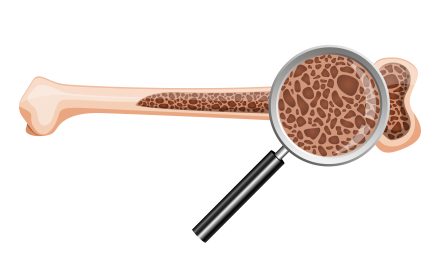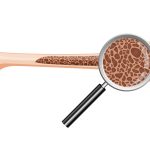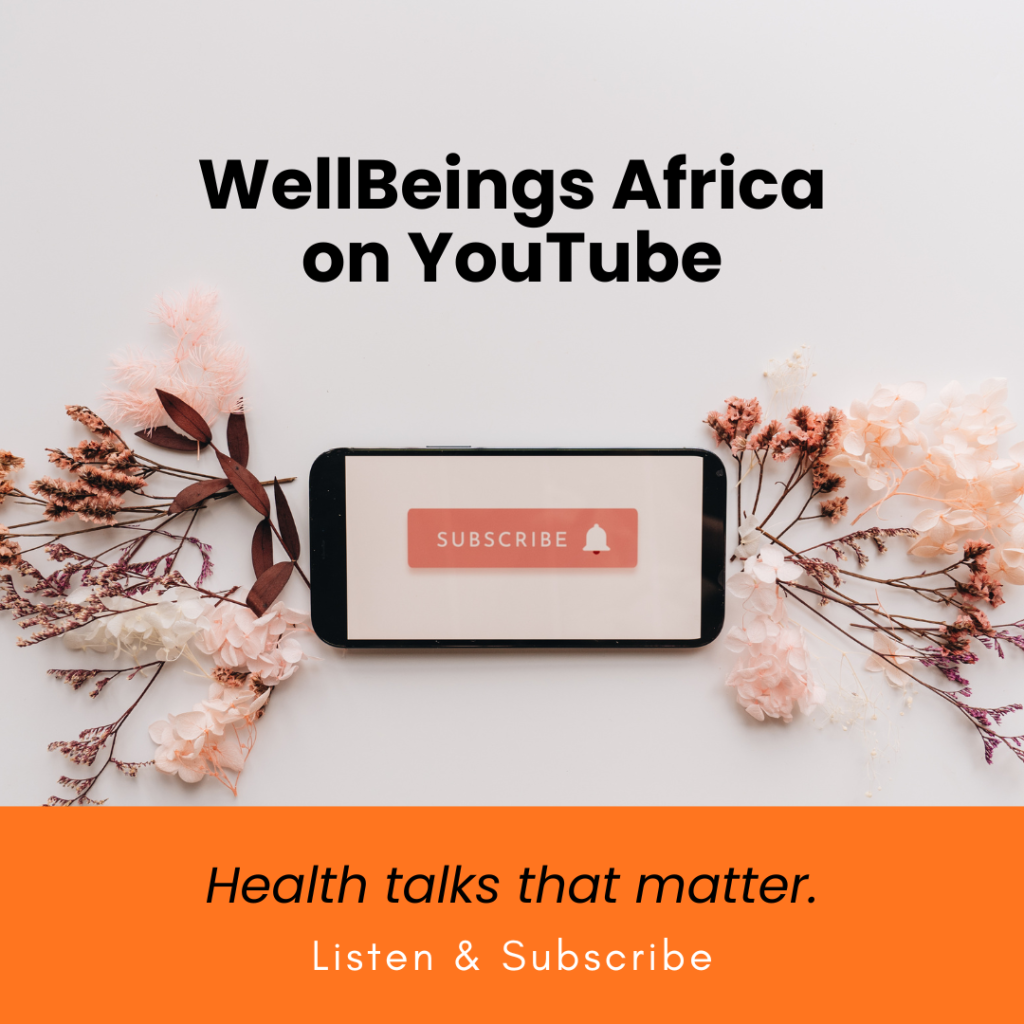Practical and simple pregnancy dental care tips to protect your oral health and your baby’s wellbeing
Welcome to the magical and wonderful world of pregnancy! Say hello to weird symptoms, happy fluttery moments and… a few things you may not have considered. Like your dental health. Did you know that the influx of hormones during pregnancy can affect your gums and teeth? Let’s explore ways to boost your pregnancy dental care.
Quick Read:
- As you progress through your pregnancy, hormonal changes could increase your risk of gingivitis, causing swollen and bleeding gums.
- One of the dangers of neglecting your pregnancy dental care is that bacteria from gum infections can enter the bloodstream and negatively impact your baby’s development.
- Dental visits are safe and necessary, especially during pregnancy, so go to the dentist or clinic if necessary.
Is pregnancy dental care really necessary?
Absolutely. During this special time as your body works to create and sustain a healthy baby, hormones and increased blood flow can leave your teeth feeling very sensitive. You may notice bleeding gums, teeth pain and even some periodontal infection.
According to the American Pregnancy Association (APA), “Pregnancy hormones may affect the way your body responds to bacteria – resulting in sore teeth and gums.” Swollen, sensitive gums are common even if you’ve never had these problems before.
Then, there’s morning sickness. For women who experience constant vomiting, this can erode tooth enamel, and increase your risk of cavities. Be sure to rinse your mouth with water and baking soda (don’t brush immediately after throwing up) to help neutralise the stomach acid.
Gum disease is also a concern during pregnancy. It begins with an influx of bacteria in your mouth and soon you may notice that your teeth or gums bleed during brushing. Bad breath is also a symptom and the disease goes on to affect the soft tissue of your gums, even leading to tooth loss.
Improving your pregnancy dental care
Although dental issues are common during pregnancy, there are ways you can keep your teeth as healthy as possible. Most important of which is not to ignore glaring symptoms! These include bleeding gums, sensitivity to hot and cold foods and drinks, persistent teeth pain, and swollen gums. Call your doctor or go to a clinic if you notice these aches and pains. You can get dental help during pregnancy; you may just not be able to have X-rays.

Home remedies for better pregnancy dental care
- You may need to avoid some foods and drinks that trigger sensitivity for a while. These are usually foods such as ice-cream, hot coffee, and spicy foods.
- Don’t overbrush! Brushing your teeth too hard can wear away the enamel – making teeth more sensitive than ever.
- We know pregnancy is all about indulging yourself, but excessively sugary sweets and treats are like bits of joy for the bacteria in your mouth. They breed on it and then before you know it – cavities.
- While you’re avoiding sweets, go easy on sugary juices and cooldrinks, too. These are also packed with sugars and starches – bad news if you want healthy teeth.
- Ask the pharmacist for a mouthwash and toothpaste that helps fight gingivitis.
- Invest in a soft-bristled toothbrush and brush gently but with enough vigour to properly clean your teeth.
- Flossing is still important now, so don’t skip this part of your morning and evening routine. Flossing helps remove the tiny food particles in between your teeth where plaque can build up.
- Try a simple warm water and salt rinse to soothe painful gums and teeth. Be sure not to swallow the mixture.
Images: Freepik





















